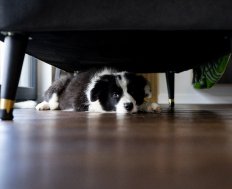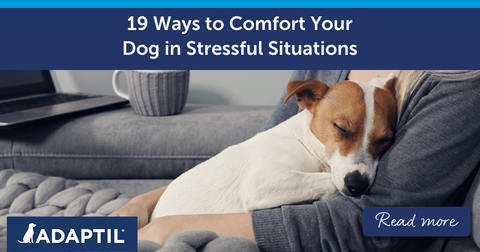
Do I Need a Dog Trainer? 8 Benefits for your Doggy Bond!
Just like teaching children to be good, respond positively to instructions, and behave when meeting new people - this is what we would like our dogs to do too!
Training is an important part of a dog's life, and not only is it essential for a happy household, dogs get mentally stimulated and it strengthens the bond between you and your canine companion.
Do I Need a Dog Trainer
Some dogs are more receptive to training than others! It's always advisable to do your research before adopting a new dog into your home, especially if you are a first-time dog owner. Some dog breeds, like Golden Retrievers and Poodles, are eager to please so are easier to train, whereas the Afghan Hound, for example, may need a little more time!
Some dog owners may be reluctant to enlist the help of a Dog Trainer, but we need to remember that living in a human world comes with its own pressures for a dog. Training helps them to understand our expectations, learn social skills, and live happily in a home environment.
What do trainers do?
A trainer can help you develop the skills and techniques you need to help your dog handle many situations through positive reinforcement, reward-based training and help you to understand and get to know your dog even better. Before starting on a training regime, a good trainer will also inquire about your puppy/dog's general health, and if you are having any specific issues you wish to address.
Skills that you can expect to learn:
- Teaching your dog how to socialise with other dogs.
- Teaching cues such as 'sit' and 'recall'.
- Ways to keep your dog physically and mentally stimulated like 'scent work', 'chase and fetch', and even 'agility' games.
- House training and general good doggie manners, like walking on a loose lead.
You will also learn:
- How to better understand and communicate with your dog
- How to overcome a block in their training
- How and when to reward your dog
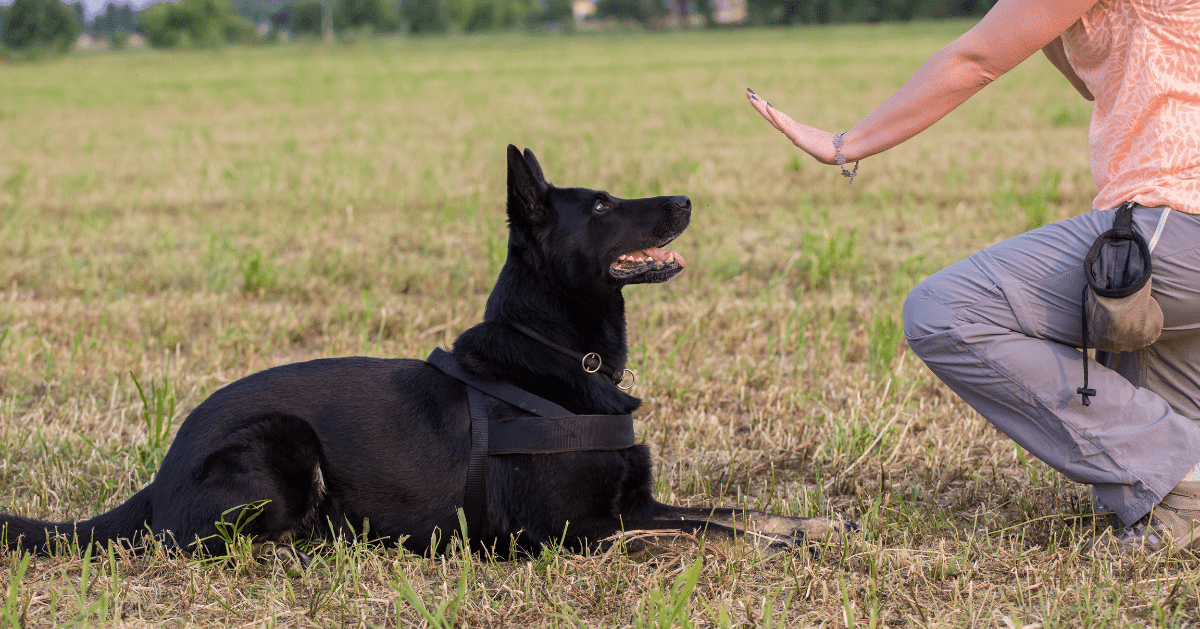
Taking your dog to training classes does not mean that you are unable to train your dog, but you will receive help and advice about the methods you should adopt to get the best possible results. Classes normally take place over a number of weeks, allowing you and your dog to practise these new skills at home in between visits and fit them into your daily routine.
At what age should a dog be trained?
It's not just puppies who should go to training classes; like humans, dogs are never too old to learn. As well as giving an adult dog time to adjust to a new home, you will need patience and time to get to know your new companion, and taking them to a Dog Trainer will help you achieve all of this.
If you decide that you want to train your dog yourself, there are many sources of information to help you, including our Puppy Top Training Tips. This option is cheaper but it can be difficult to keep motivation and understand the reasons why you might not be getting results.
If, however, your dog does not respond to training, there may be an underlying issue that may be stopping them from responding, in which case it is good to have them checked out by a vet. For behaviour issues such as aggression or separation-related issues, or if your dog's behaviour has changed recently, you should also consult a qualified Dog Behaviourist who will help you work out why your dog is behaving this way and give you advice on how to overcome these issues.
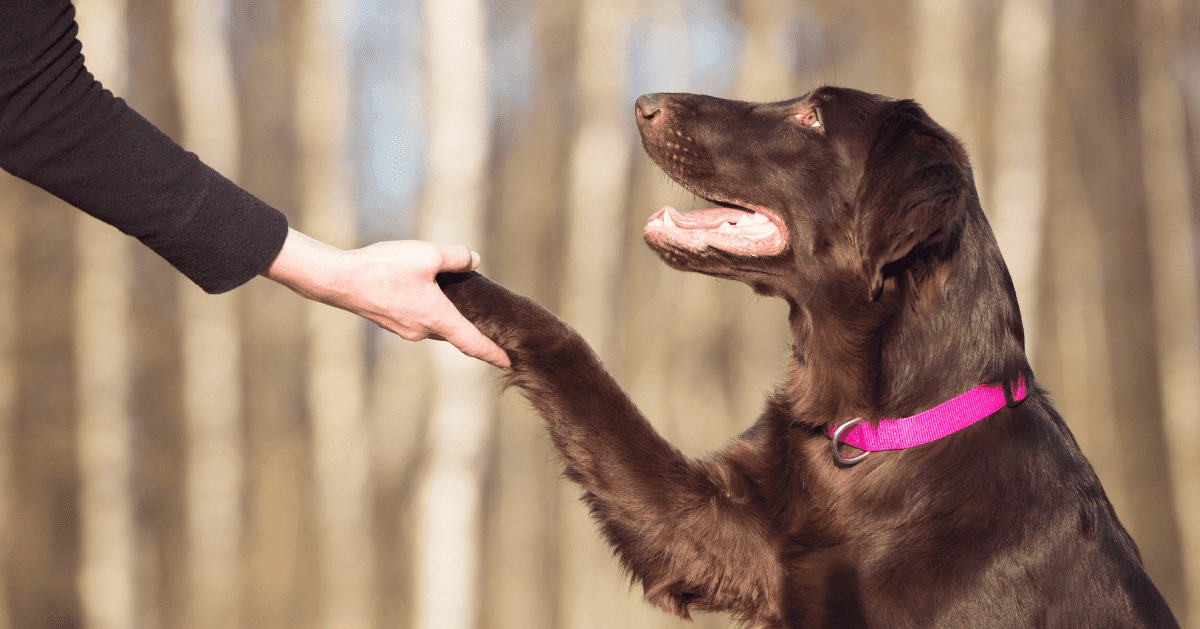
8 Benefits for your Doggy Bond
You and your pooch are in this together! The bond between you will be strengthened when you learn new skills and you will both get just as much pleasure from the positive results:
- When they know they are likely to be rewarded for good manners, and for responding to your cues, they will be keen to repeat the process and soon behaving in the desired way will become second nature for them.
- Good training helps your dog interact with the world around them; for example, they can be trained to be more socially appropriate when meeting other dogs, they can be trained to be more acceptingof visitors to the home and they can learn to be gentle with children.
- Simple recall training, using their name and a cue, can avoid difficult (and sometimes dangerous) situations; you may lose sight of your dog while out walking but they are likely to find you and return if they hear their cue. The most common recall is [Name], come - don't forget to praise and make it worthwhile for them to return, as this will provide a positive reinforcement.
- Training provides both physical and mental benefits. It's great to learn something new and the process of teaching a dog something new will be beneficial for you both by providing mental stimulation which is just as important as physical exercise; it can also help prevent dogs from suffering from stress-related issues.
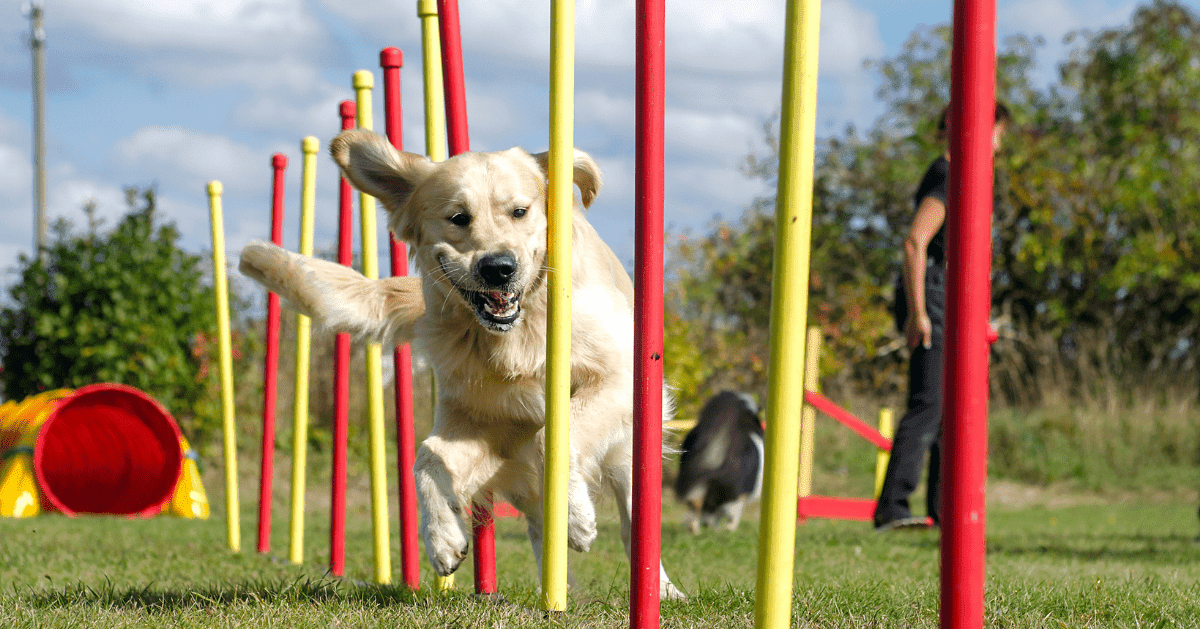
- Having a well-trained dog will keep them safe; ensuring they listen and respond to your cues can prevent them from getting harmed in potentially dangerous situations, like running on to a busy road.
- Training will establish mutual respect between you and your dog; they will learn to trust and respect your judgement and you will be delighted with their response and capabilities.
- Humans also benefit from doggy training! It is well documented that people who own a dog benefit from the lifestyle changes that it brings and have done so for centuries. The responsibility of looking after a dog and training them to become a loved, well-mannered member of your family brings many health benefits, including plenty of exercise!
- We mustn't forget that dogs are frequently trained specifically to help humans live their lives; their companionship can combat loneliness, give people a sense of purpose, and they can also be trained to become assistant dogs for those of us with disabilities.
A well-trained dog will become a treasured family member and everyone will benefit from the skills they learn; they will be welcomed into more places, they will be more sociable with other dogs - and humans. They will gain more freedom in their day to day life - for example, when out for a walk, they might be allowed to run around and explore their surroundings more freely, knowing that they will return when called.


